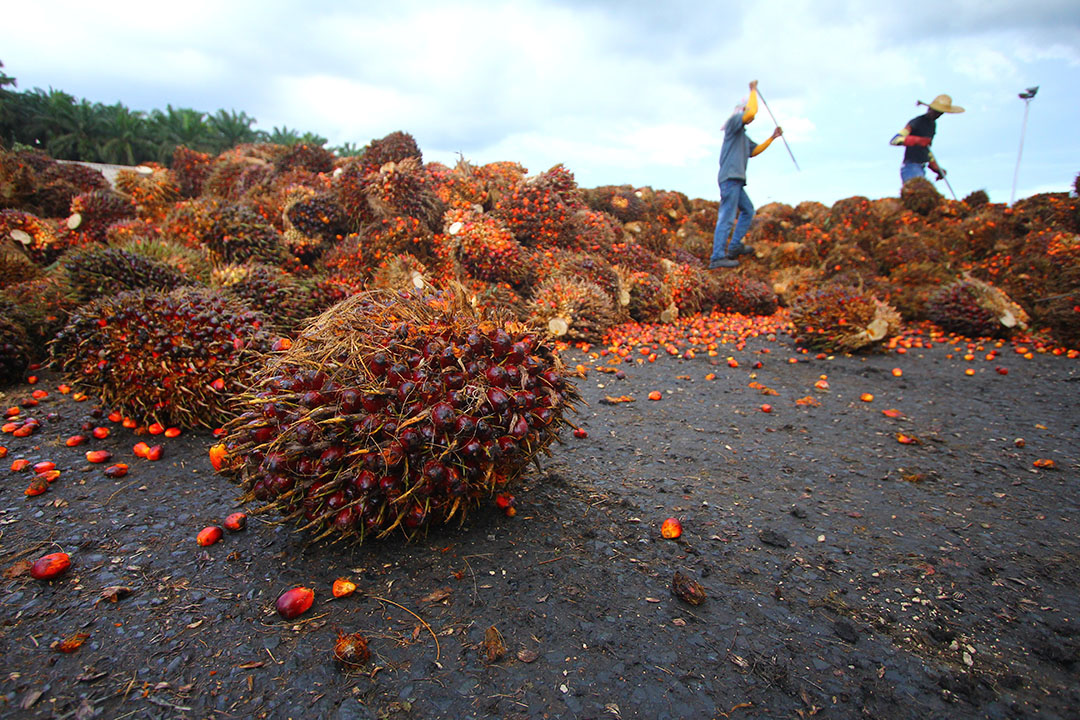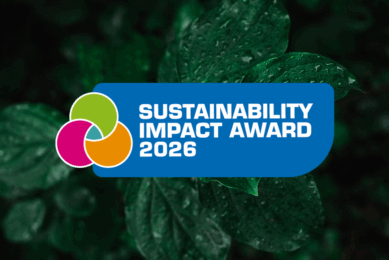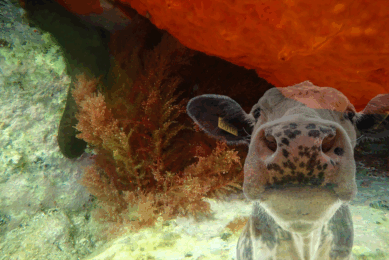Indonesian palm oil for biodiesel often not sustainable

The palm oil that the European Union imports from Indonesia to use as a feedstock for biodiesel is often not sustainable.
This has been concluded from research work, done by PhD candidate Nima Khasanah at Wageningen University in the Netherlands. The EU only wants to import sustainable palm oil if its CO2 emissions, when used as biodiesel, are at least 60% lower than those of fossil fuels. Next year, the norm will be set at 70%.
Khasanah investigated the carbon balance of 20 oil palm plantations in Indonesia. Only 25% met the current EU requirements. Palm oil of mixed origin (both sand and bog) does not meet the European 60% norm either. With the switch from forest to oil palms, plantations start off with what is called a ‘carbon debt’. If this debt exceeds 10 tonnes of carbon per hectare, plantations cannot meet the 60% norm, says Khasanah. A second-generation plantation does not have any carbon debt in the current calculations and can indeed meet the requirements.
The PhD candidate also calculated that the more rainforest was converted to oil palm plantation, the larger the probability of that plantation not meeting EU guidelines. The share of bogland used for the plantation also diminishes the chance of the company meeting the EU norm, as does the use of artificial fertilisers.
Read the full story on Resource.











